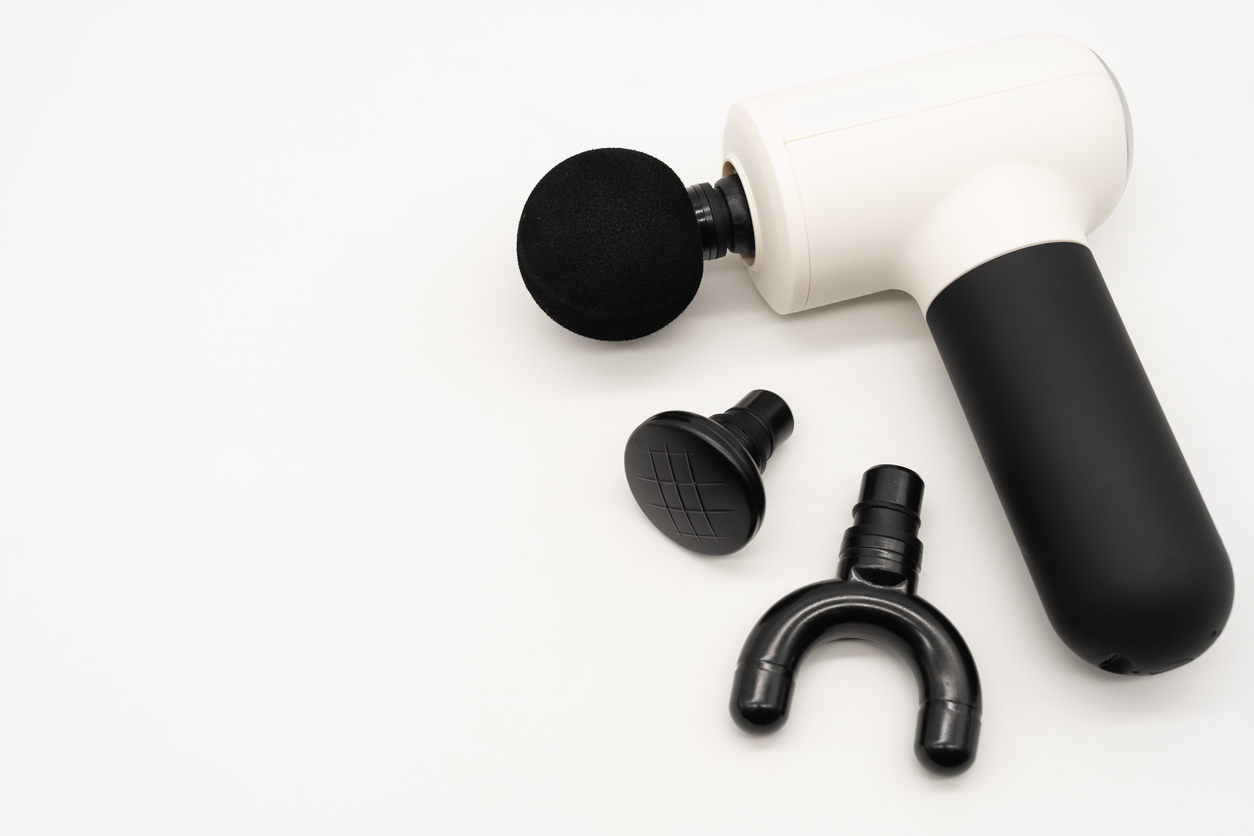Naira Devaluation Trade Opportunities – How to Leverage Currency Volatility for Profit
The Nigerian naira has experienced significant devaluation in recent years due to fluctuating oil revenues, foreign exchange shortages, and monetary policy adjustments. While naira devaluation poses risks for consumers and businesses, it also creates strategic opportunities for international traders, exporters, and diaspora investors.
In this guide, we explore the key trade opportunities arising from naira devaluation, and how companies like Wigmore Trading can help you navigate and benefit from these shifts — without exposing you to remittance risks or currency uncertainty.
What Is Naira Devaluation?
Naira devaluation refers to a decline in the value of Nigeria’s currency against major foreign currencies like the US Dollar (USD), British Pound (GBP), or Euro (EUR). For example:
-
In 2020, ₦360 = $1
-
By 2024–2025, ₦1,300–₦1,500 = $1 (or more)
This means imported goods become more expensive locally, but Nigerian products become cheaper and more competitive for foreign buyers.
Trade Opportunities Created by Naira Devaluation
1. ✅ Export More from Nigeria
As the naira weakens, Nigerian-made goods become cheaper for international buyers paying in USD, GBP, or EUR. This creates a major export advantage for products such as:
-
📦 Agro commodities: ginger, sesame, hibiscus, cashew, shea butter
-
🐟 Processed and dried fish
-
🧴 Palm oil and cosmetic-grade shea butter
-
🧶 Textiles, leather goods, handcrafted items
Exporters can now offer globally competitive pricing, increasing profit margins when paid in foreign currency.
2. ✅ Source Nigerian Goods for Less (in USD/GBP terms)
Buyers in the UK, USA, Canada, and Europe can take advantage of naira devaluation to:
-
Source wholesale Nigerian products at lower FX-adjusted prices
-
Establish supply chains for resale in diaspora markets (groceries, fashion, herbal products)
-
Contract Nigerian artisans or SMEs for manufacturing at reduced foreign currency costs
With the naira devalued, your purchasing power increases dramatically, allowing for better sourcing margins.
3. ✅ Diaspora Investment in Local Procurement
Diaspora Nigerians looking to support family, build homes, or fund small businesses can avoid sending money (which loses value due to inflation or misuse) by:
-
Paying in GBP or USD directly to a procurement partner like Wigmore Trading
-
Ordering goods (cement, foodstuff, building materials) from abroad
-
Having them delivered locally in Nigeria, without remitting funds through informal channels
This method ensures value retention and full control over how your money is spent.
4. ✅ Arbitrage Trading Across Currency Zones
For advanced traders or businesses with dual presence in Nigeria and abroad, currency gaps create opportunities for:
-
Import-export arbitrage: Buy low in Nigeria, sell high internationally
-
Cross-border procurement: Source Nigerian inputs (e.g. agricultural raw materials), process abroad, re-export
-
Service outsourcing: Hire Nigerian freelancers, creatives, and virtual workers at lower USD-equivalent rates
How Wigmore Trading Helps You Leverage Naira Devaluation
Wigmore Trading, a UK-based procurement and logistics company with deep ties in Nigeria, offers solutions tailored to currency-sensitive trade.
🌍 Services We Offer:
-
Pay in USD or GBP, deliver in Nigeria — no naira transfers needed
-
Export facilitation for agro commodities, manufactured goods, and SME products
-
Wholesale sourcing from Nigerian markets, farms, and manufacturers
-
Custom procurement for diaspora families or investors: building materials, foodstuff, FMCGs
-
Support with documentation, export compliance, and product quality assurance
Real Case: Diaspora Buyer Profits from Naira Drop
A buyer in London wanted to resell Nigerian shea butter and dried pepper in the UK.
-
In 2022, 100kg cost him £420
-
In 2024, the same 100kg cost him £285 (due to naira devaluation)
He kept his retail price constant and saw his profit margin increase by 32%, all while offering the same products to his customers.
✅ Paid in GBP
✅ Wigmore Trading handled export from Nigeria
✅ Goods arrived in 8 days via air freight
Best Practices for Trading During Naira Devaluation
-
Avoid informal FX or remittance channels — use direct GBP/USD payments through verified partners
-
Lock in pricing early with suppliers to avoid naira price swings
-
Partner with an on-ground procurement agency like Wigmore Trading
-
Explore under-exported Nigerian products (e.g. ogbono, locust bean, zobo, organic ginger)
-
Target diaspora markets that are price-sensitive but value authenticity
Final Thoughts
Naira devaluation can be disruptive — but for importers, exporters, and diaspora investors, it also opens the door to high-margin, FX-advantaged trade opportunities.
By partnering with Wigmore Trading, you can:
-
Secure Nigerian goods at favourable rates
-
Export profitably from Nigeria
-
Support local projects without currency losses
-
Trade confidently across borders
📞 Ready to start? Contact Wigmore Trading today to:
-
Get a quote for procurement or export
-
Discuss FX-efficient trade solutions
-
Launch your next high-profit trade opportunity with confidence








Comments are closed.